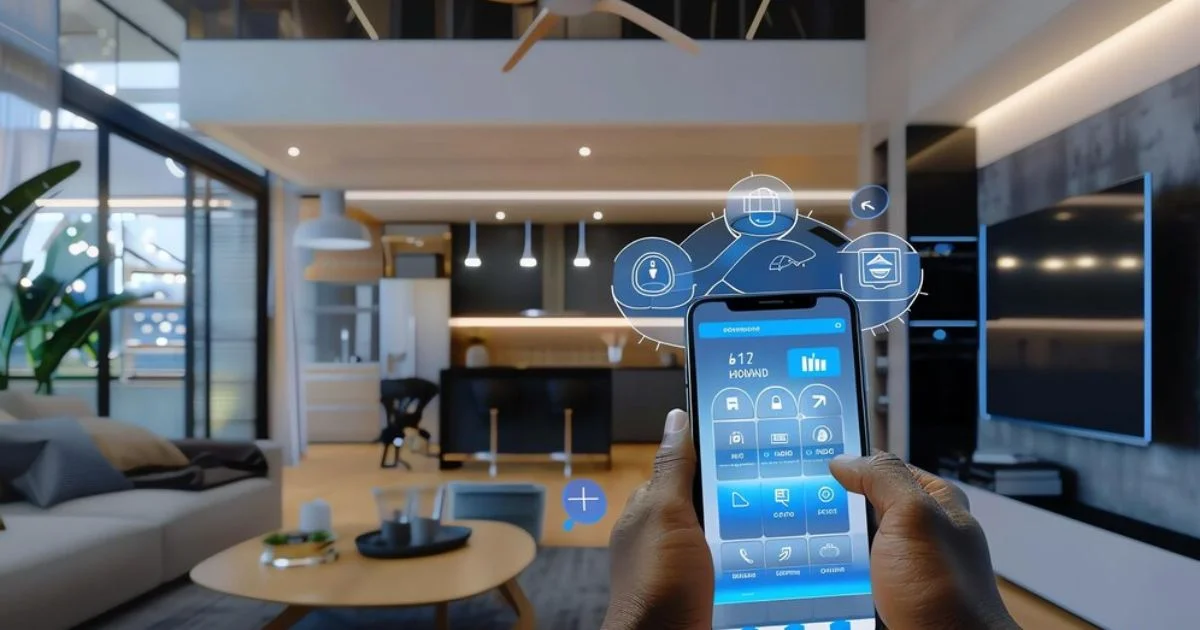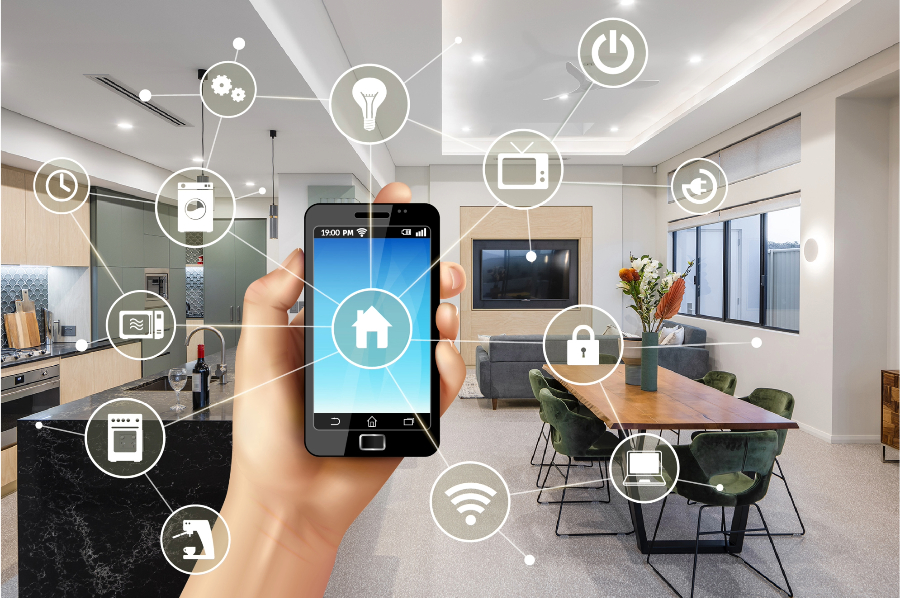In today’s world of rapidly advancing technology, the concepts of automated homes and smart homes have become increasingly popular. Both offer unique benefits and can transform the way you live and interact with your home. But what exactly differentiates an automated home from a smart home? Understanding these differences is key to deciding which option is best suited for your needs.

Understanding the Basics of Automation
An automated home primarily focuses on pre-set and programmed schedules for various home functions. This might include lighting, thermostats, and security systems that operate on a fixed schedule or respond to timers. Automation seeks to streamline tasks by implementing a series of automatic triggers that control devices to perform specific actions without human intervention.
Advantages of Home Automation
One of the significant advantages of home automation is the convenience it offers. With automated systems, your home can function seamlessly while you focus on other tasks. Automation can also lead to energy savings by ensuring that devices are only active when needed. For more on the benefits of home automation, visit this external resource.
Diving into Smart Home Technology
A smart home takes automation a step further by incorporating connectivity and intelligence. Smart devices are connected through the internet, allowing them to communicate with each other and the user. This connectivity enables remote control and management of home systems through smartphones or voice commands, providing a more interactive and tailored experience.
Benefits of a Smart Home
Smart homes offer unparalleled convenience and customization. You can control and monitor your home from anywhere, ensuring peace of mind and enhancing security. Smart technology can also improve efficiency by learning your habits and adjusting settings accordingly. Discover how to upgrade your home with smart devices through this detailed guide.
Comparing Automated and Smart Homes
While both automated and smart homes offer technological advancements, they cater to different needs. An automated home is ideal if you’re looking for simplicity and efficiency with minimal human interaction. In contrast, a smart home is perfect for those who desire a more interactive and customizable experience. Consider your lifestyle and priorities when choosing between the two.
Cost Considerations
Cost is an important factor when deciding between automated vs smart home solutions. Automation systems can be more affordable initially but may lack the flexibility and features of smart home technology. On the other hand, smart homes might require a higher investment upfront but offer greater long-term benefits and savings.
Integrating Technology into Your Home
Integrating either automated or smart home technology into your home can be a transformative process. When embarking on this journey, it’s crucial to assess your needs and explore the available options. Consider starting with a few devices and gradually expanding your system as you become more comfortable with the technology.
Future of Home Technology
The future of home technology is promising, with ongoing innovations improving both automated and smart home systems. As these technologies continue to evolve, they will offer even more opportunities for customization, efficiency, and convenience.

FAQ
What is the main difference between automated and smart homes?
The main difference lies in connectivity and interaction. While automated homes rely on pre-set schedules, smart homes incorporate internet connectivity and interactive features for more flexibility and control.
Are smart homes more expensive than automated homes?
Initially, smart homes may require a higher investment due to the advanced technology involved. However, they offer greater long-term benefits and potential savings, making them a worthwhile investment for many homeowners.
Can I integrate both automated and smart technologies in my home?
Yes, many homeowners choose to integrate both types of technologies to enjoy the benefits of each. This hybrid approach allows for a more comprehensive and tailored home technology system.





